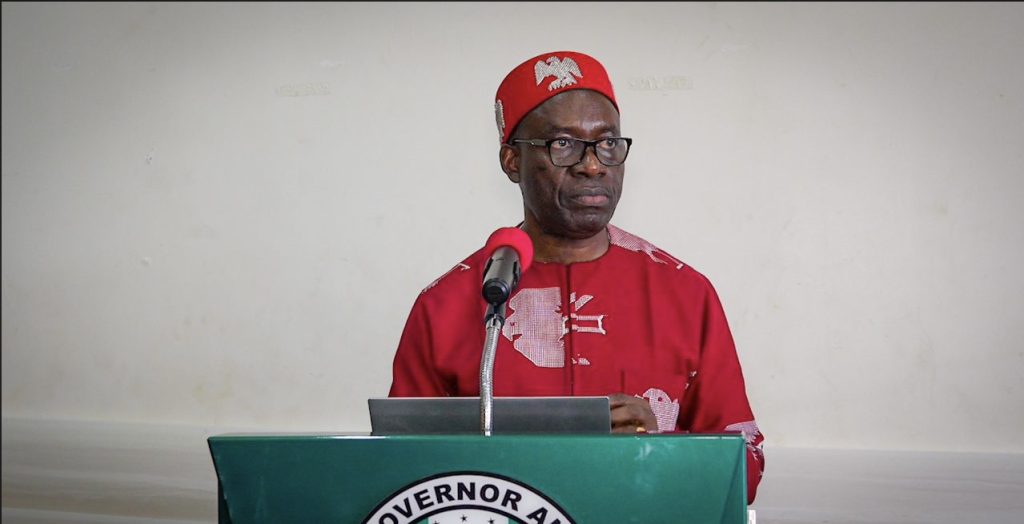
Anambra’s House of Representatives representative for Ogbaru Federal Constituency, Afam Ogene, has voiced discontent over what he labeled as a rushed adjustment of the Anambra State Electoral Law by the Anambra State House of Assembly.
Ogene, who also heads the Labour Party caucus in the House of Representatives, criticized the move as a push for undemocratic strategies to impede and politically trap opposition parties within the state.
It was reported earlier that Anambra State Governor, Prof. Chukwuma Soludo, recently inaugurated the Anambra State Independent Electoral Commission, appointing Genevieve Osakwe as the Commission’s Chair.
Following the amendment of the state electoral law, the Commission announced Saturday, September 28, 2024, as the date scheduled for the local government elections in the state. This decision comes after a decade of no elections conducted at the local government level.
In a statement in the state capital, Awka, Ogene criticized the swift adjustment of the state’s electoral law.
He stated, “Seen as politically driven, the state Assembly recently revised the Anambra Electoral Law 2024, reducing the notice period for local government elections from 60 days to just 30 days. This abrupt change has triggered suspicions among stakeholders, who interpret it as an effort by the All Progressives Grand Alliance-led government, under Governor Chukwuma Soludo, to stage a political surprise on opposition parties.
“Armed with this sudden amendment, the government of Anambra State rushed to announce local government elections for September 28, 2024, causing widespread concerns over a premeditated outcome.”
He further mentioned that the election date did not adhere to the mandated 60-day period stipulated in the constitution for elections post-announcement.
“By utilizing the democratic institution of the Assembly to select local government leaders, Soludo and the state Assembly perpetuate an undemocratic practice. This approach, which disengages the majority not aligned with their authoritarian inclinations, excludes the people.
“The newly mandated 30-day notice period for local government elections will lead to broad disenfranchisement at the grassroots level. Within this shortened timeframe, stakeholders will struggle to conduct substantive consultations, arrange primary elections, secure financing, and prepare for the election without government assistance.”
In his criticism of the actions of the APGA-led government, Ogene declared, “This suppresses the people and ridicules our democracy. By obstructing the establishment of genuine democracy at the grassroots – foundational to democratic governance – the government thoughtlessly undermines the essence of democratic practices.
“It is indeed absurd that a decade after the last local government election in the state, and two and a half years into his tenure, Soludo and his newly installed ANSIEC aim to mislead the people of the state through a hastily patched council election process.”
However, Soludo’s Press Secretary, Christian Aburime, responded to the legislator’s claims, asserting that Ogene does not speak for the people of Anambra and defending the LG poll’s direction.
Aburime remarked, “He speaks for himself, not the Anambra State populace. Anambra residents support the democratic process undertaken by the State Government under Governor Chukwuma Charles Soludo in conducting the local government election in Anambra State.”
Reacting as well, the National Publicity Secretary of APGA, Mazi Ejimofor Opara, stated that Ogene was working against himself.
“Ogene has essentially harmed his own interests because interestingly, the six lawmakers from his party were present during the Assembly session.
“He views them, through this statement, as an ineffectual group of legislators because if they participated in amending the Anambra State Electoral Law, he would have expressed a lack of confidence in his party members.
“He should direct his objections to the six LP members in the state Assembly and investigate their individual contributions to that law, providing evidence if they were not part of the legislative process at the Anambra State House of Assembly.”
